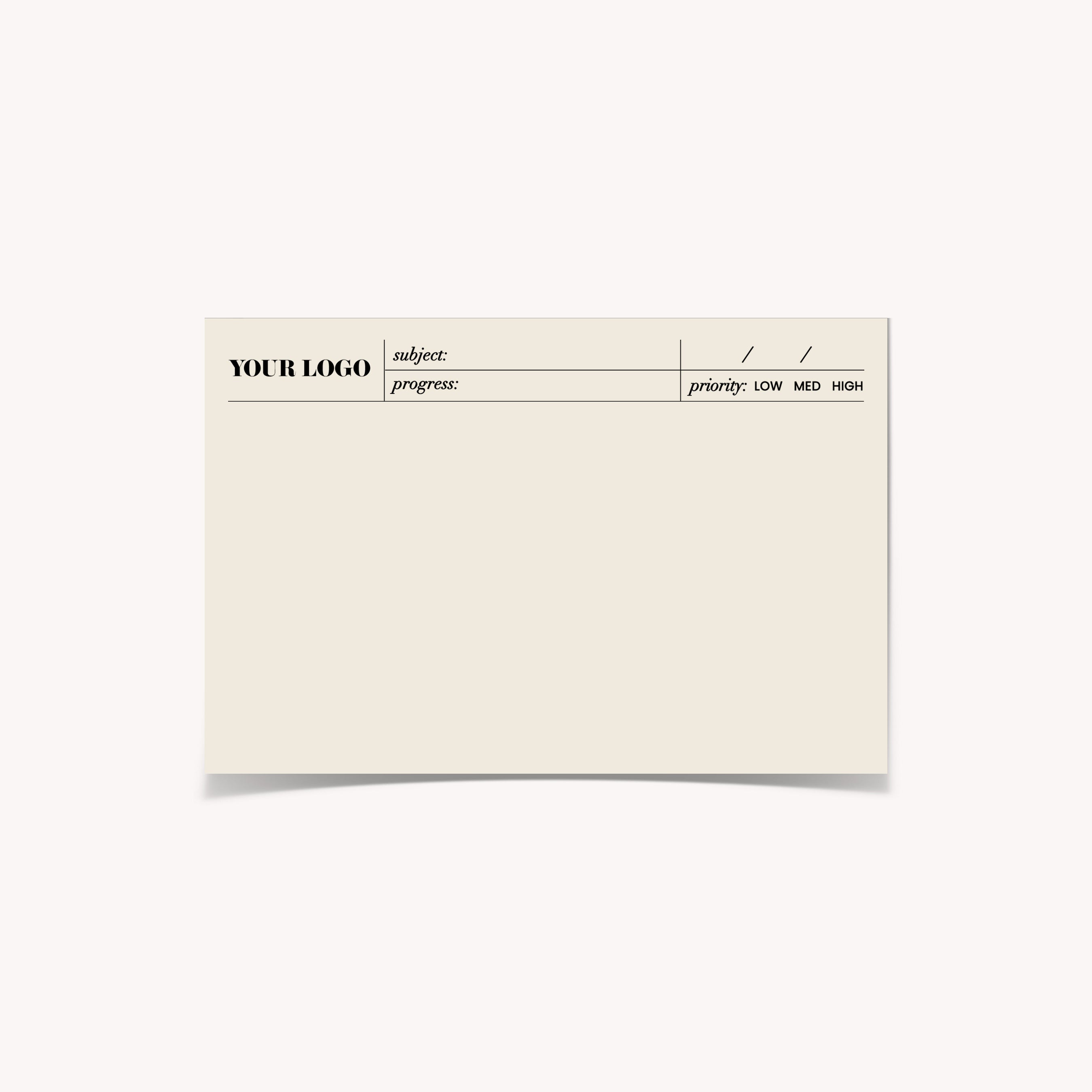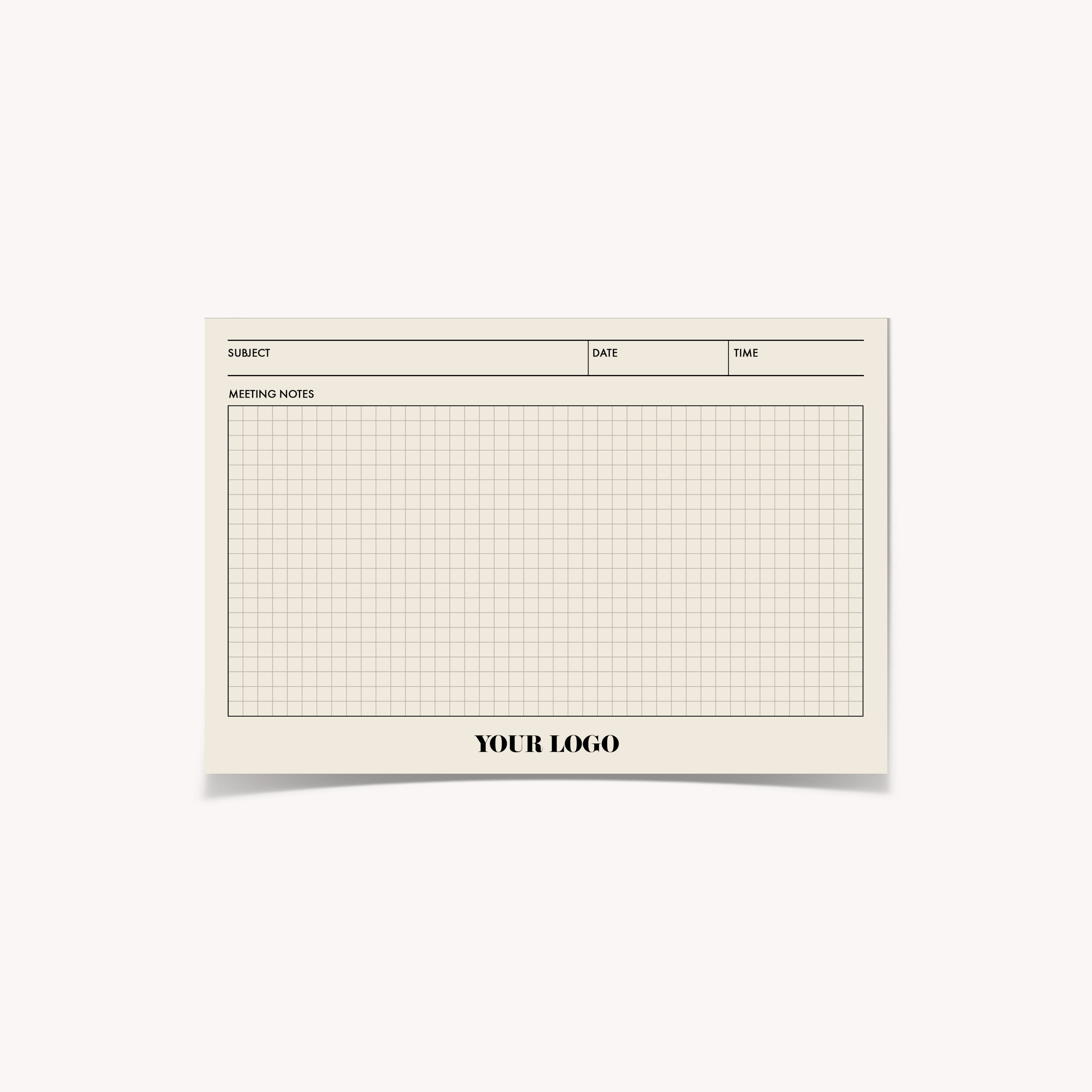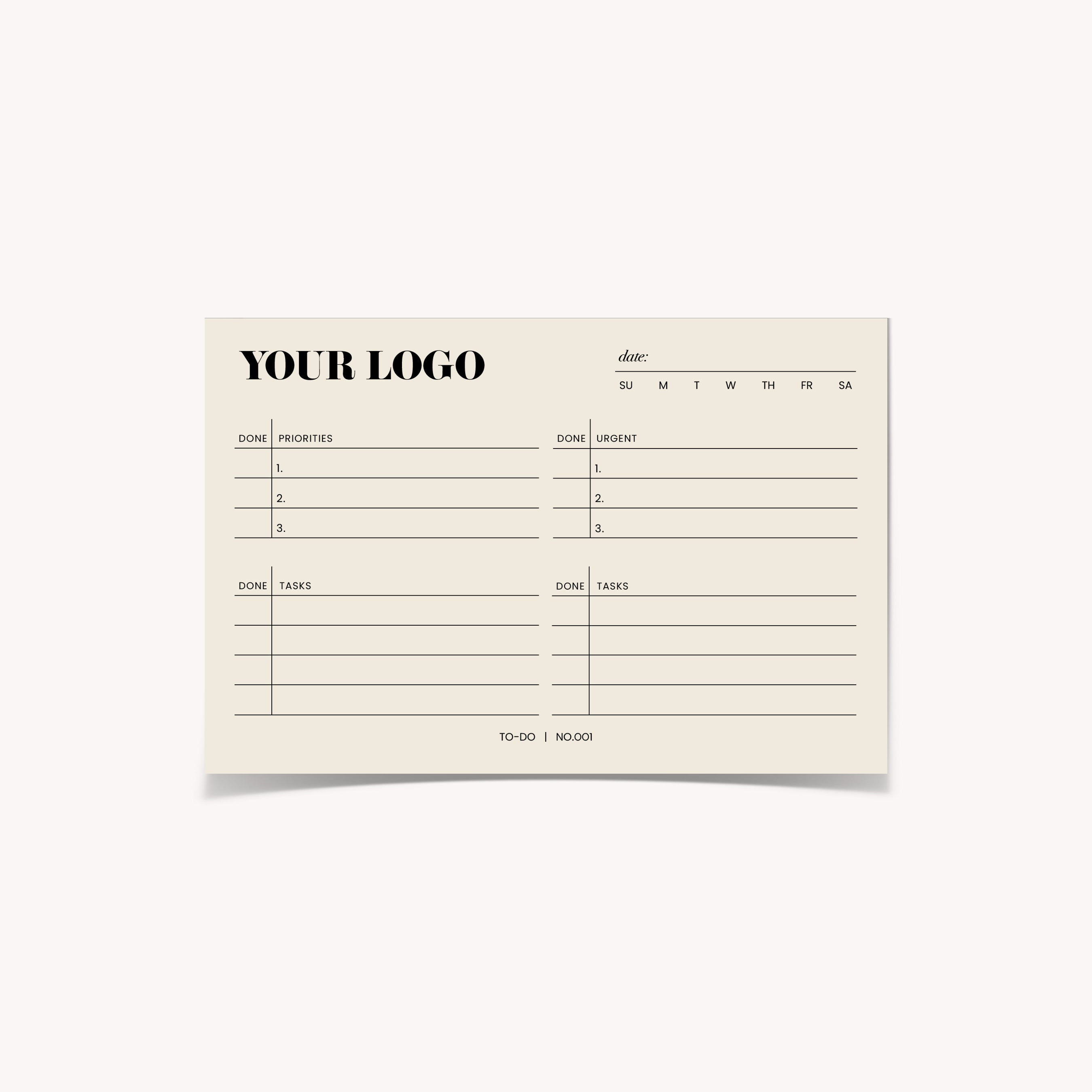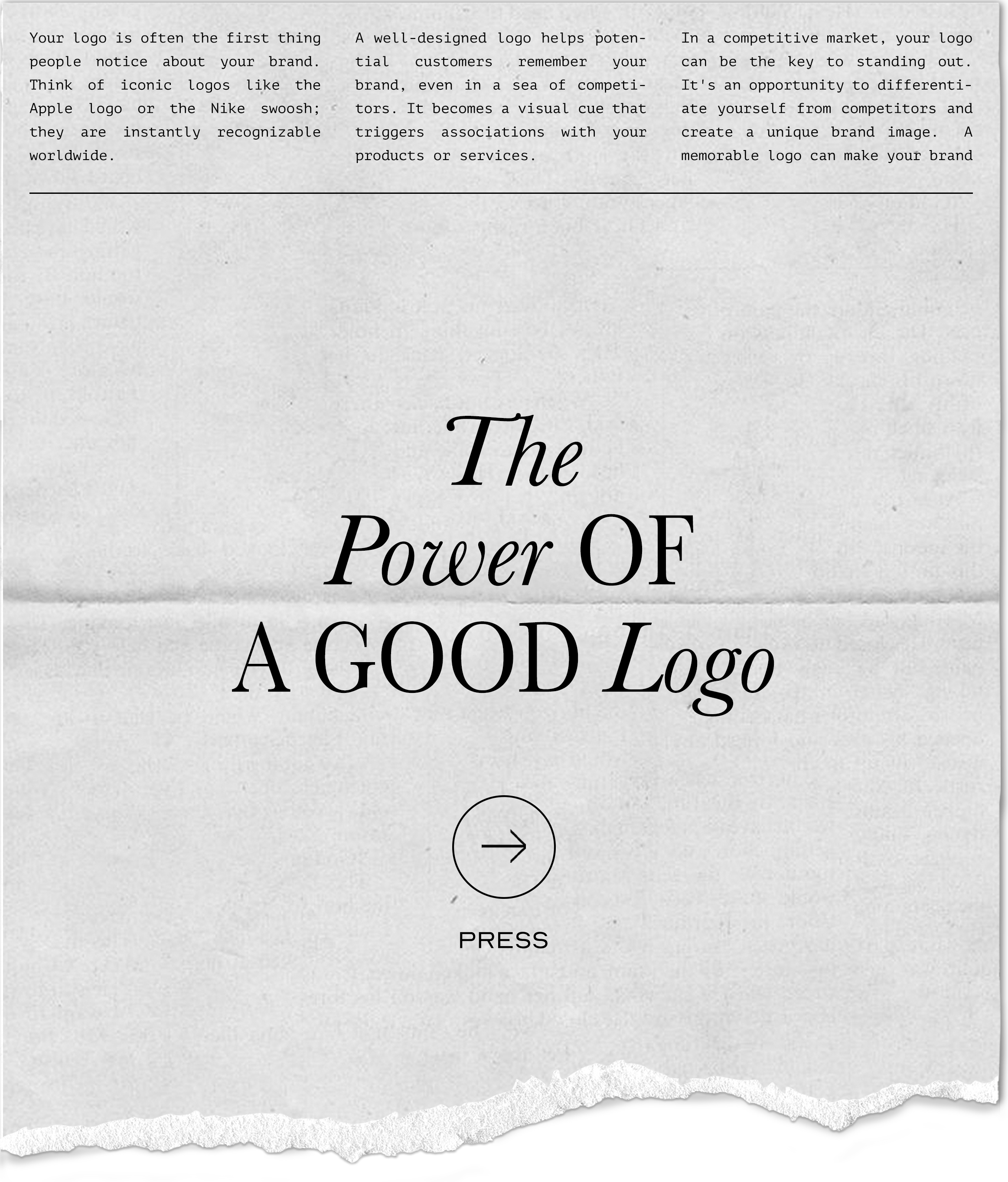In the world of business, where first impressions are everything, a good logo stands as your brand's silent ambassador. It's more than just a visual element; it's a symbol that encapsulates the essence of your brand and communicates it to your audience in a matter of seconds. Let's explore why having a good logo is of utmost importance for your business.
1. Instant Recognition:
Your logo is often the first thing people notice about your brand. Think of iconic logos like the Apple logo or the Nike swoosh; they are instantly recognizable worldwide. A well-designed logo helps potential customers remember your brand, even in a sea of competitors. It becomes a visual cue that triggers associations with your products or services.
2. Brand Identity:
A good logo is a cornerstone of your brand identity. It tells the story of your brand's personality, values, and mission. Whether your brand is sophisticated, playful, eco-friendly, or tech-savvy, your logo should reflect these qualities. It's the visual representation of your brand's unique DNA.
3. Trust and Credibility:
People tend to trust brands with professional and appealing logos. A well-crafted logo conveys a sense of credibility and reliability. It suggests that you've invested time and effort into your brand's image, which can translate into trust from your audience.
4. Consistency:
Your logo serves as a touchstone for brand consistency. It should appear on all your marketing materials, products, and online platforms. Consistency in logo usage helps reinforce your brand's identity and makes it easier for customers to find and recognize your business.
5. Differentiation:
In a competitive market, your logo can be the key to standing out. It's an opportunity to differentiate yourself from competitors and create a unique brand image. A memorable logo can make your brand the obvious choice in a crowded field.
6. Emotional Connection:
Effective logos have the power to evoke emotions and connect with your audience on a deeper level. For example, the McDonald's golden arches evoke feelings of comfort and familiarity, while the Starbucks mermaid exudes a sense of luxury and adventure. When people have an emotional connection with your logo, they are more likely to become loyal customers.
7. Versatility:
A good logo is versatile and works across various mediums and platforms. Whether it's on a billboard, a business card, a website, or social media, your logo should maintain its integrity and impact. This adaptability ensures that your brand remains strong and recognizable in all contexts.
8. Longevity:
A well-designed logo can stand the test of time. While it's essential to stay current and occasionally refresh your brand, a timeless logo can save you from frequent and costly rebranding efforts.
In conclusion, a good logo is not just a pretty picture; it's a strategic asset for your business. It embodies your brand's identity, creates trust, fosters recognition, and can even forge emotional connections with your audience. Investing in a well-designed logo is an investment in the long-term success and visibility of your brand. So, make sure your logo does justice to your brand's story and values, because it truly is your brand's silent ambassador.
1. Instant Recognition:
Your logo is often the first thing people notice about your brand. Think of iconic logos like the Apple logo or the Nike swoosh; they are instantly recognizable worldwide. A well-designed logo helps potential customers remember your brand, even in a sea of competitors. It becomes a visual cue that triggers associations with your products or services.
2. Brand Identity:
A good logo is a cornerstone of your brand identity. It tells the story of your brand's personality, values, and mission. Whether your brand is sophisticated, playful, eco-friendly, or tech-savvy, your logo should reflect these qualities. It's the visual representation of your brand's unique DNA.
3. Trust and Credibility:
People tend to trust brands with professional and appealing logos. A well-crafted logo conveys a sense of credibility and reliability. It suggests that you've invested time and effort into your brand's image, which can translate into trust from your audience.
4. Consistency:
Your logo serves as a touchstone for brand consistency. It should appear on all your marketing materials, products, and online platforms. Consistency in logo usage helps reinforce your brand's identity and makes it easier for customers to find and recognize your business.
5. Differentiation:
In a competitive market, your logo can be the key to standing out. It's an opportunity to differentiate yourself from competitors and create a unique brand image. A memorable logo can make your brand the obvious choice in a crowded field.
6. Emotional Connection:
Effective logos have the power to evoke emotions and connect with your audience on a deeper level. For example, the McDonald's golden arches evoke feelings of comfort and familiarity, while the Starbucks mermaid exudes a sense of luxury and adventure. When people have an emotional connection with your logo, they are more likely to become loyal customers.
7. Versatility:
A good logo is versatile and works across various mediums and platforms. Whether it's on a billboard, a business card, a website, or social media, your logo should maintain its integrity and impact. This adaptability ensures that your brand remains strong and recognizable in all contexts.
8. Longevity:
A well-designed logo can stand the test of time. While it's essential to stay current and occasionally refresh your brand, a timeless logo can save you from frequent and costly rebranding efforts.
In conclusion, a good logo is not just a pretty picture; it's a strategic asset for your business. It embodies your brand's identity, creates trust, fosters recognition, and can even forge emotional connections with your audience. Investing in a well-designed logo is an investment in the long-term success and visibility of your brand. So, make sure your logo does justice to your brand's story and values, because it truly is your brand's silent ambassador.
Share







Leave a comment
All comments are moderated before being published.
This site is protected by hCaptcha and the hCaptcha Privacy Policy and Terms of Service apply.